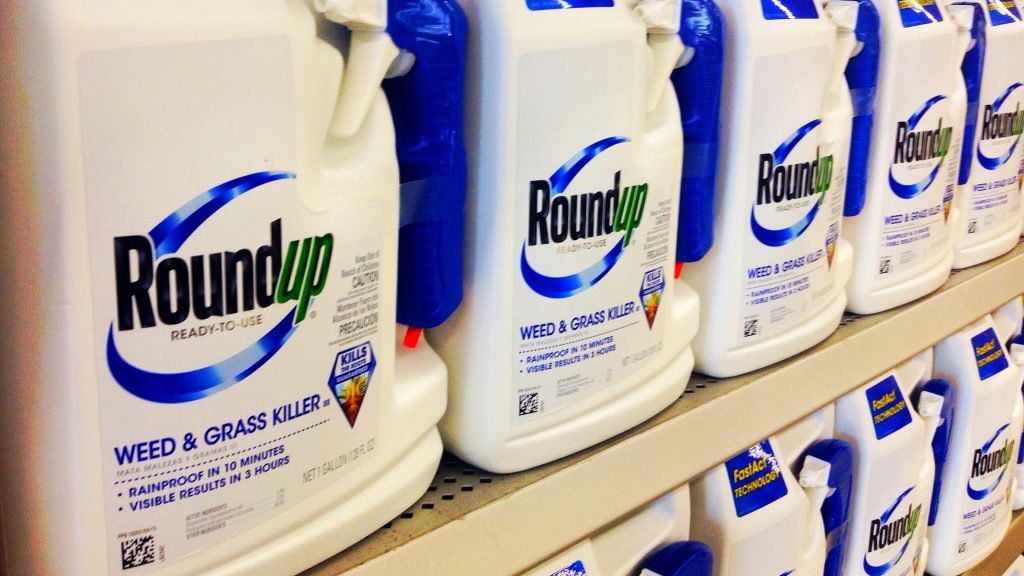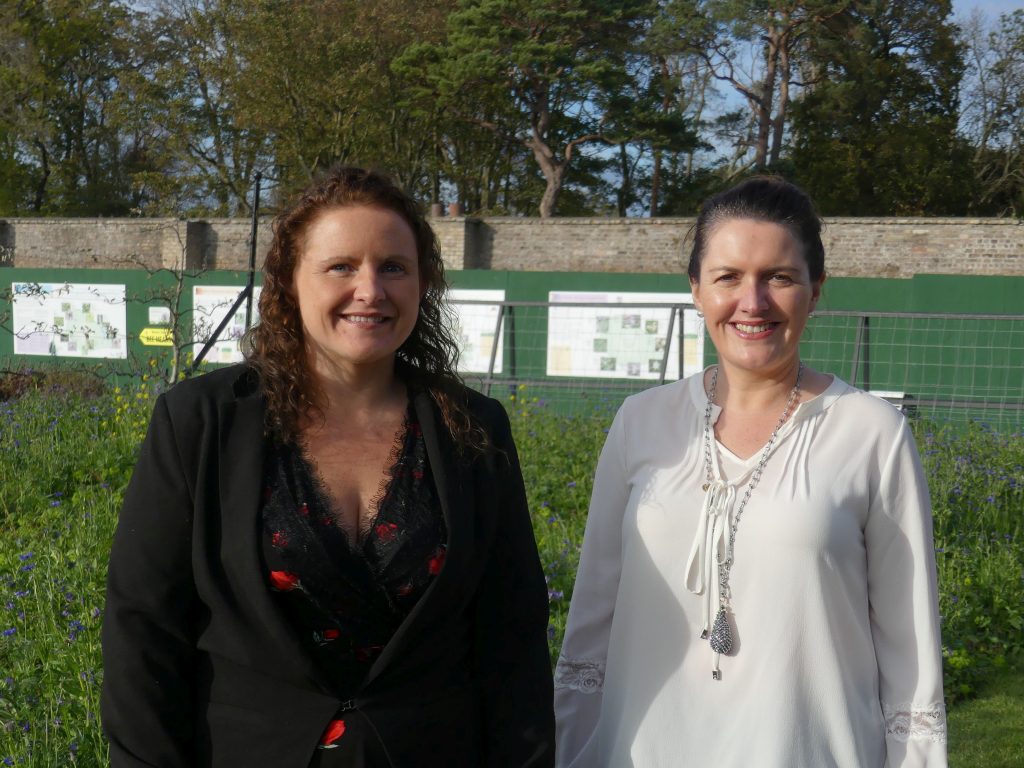Low pesticide exposure found among horticulture workers

December 14th, 2018
Scientists from NUI Galway have found low levels of glyphosate exposure among professional gardeners and amenity horticultural workers in Ireland following four years of research.
The results of the breakthrough study– published in the International Journal of Hygiene and Environmental Health – indicate that low levels of the pesticide were detected in the urine of horticultural workers.
The highest measured glyphosate concentrations were equivalent to less than one per cent of the Acceptable Operator Exposure Level (AOEL) set by the European Food Safety Authority.
“Occupational exposures to glyphosate among amenity horticulturalists are greater than those reported in environmental studies and comparable with previously reported agricultural studies,” the study concludes.
Another recent study from NUIG found that the Irish adult population is subject to low non-occupational exposure of glyphosate through pesticide residues on fruit, vegetables and grains.
Glyphosate is the most commonly used herbicide globally in conventional agriculture and horticulture to combat weeds and invasive species such as the Japanese Knotweed.
The International Agency for Research on Cancer (IARC), the specialised cancer agency of the World Health Organisation, classified glyphosate as probably carcinogenic to humans in 2015.
However, the European Chemicals Agency (ECHA) and the EFSA find that there is not enough scientific evidence currently available to prove that glyphosate causes cancer.

RoundUp Monsanto Photo: Mike Mozart
Study sampling
Over the course of four years, researchers from NUIG’s School of Physics collected and analysed a total of 200 urine samples from workers.
The researchers also collecting wipe samples from worker’s hands and the area around their mouth to assess any exposure via skin contact or inadvertent ingestion.
Results suggest that skin contamination on the worker’s hands is the most significant form of exposure accounting for almost 40 per cent of total exposure.
The study points to the importance of using protective equipment that should be “thoroughly cleaned after use” as pesticide contamination was found on reusable worker gloves.
Detectable levels of glyphosate were also found on vehicle steering wheels.
Data gap across Europe
Dr Marie Coggins, the lead researcher alongside Alison Connolly, said that there is “scarce” human exposure data available for glyphosate across Europe.
“Further studies such as this one are required to fully characterise chemical exposures in humans to support risk assessment and to inform policy,” she added.
Dr Holger Koch, the editor of the International Journal of Hygiene and Environmental Health, said that the study was an “important” and “timely scientific contribution” to the global glyphosate discussion.
The research has now led to the development of a guidance document on the safe use of plant protection products now available on the Department of Agriculture, Food and the Marine website.

Pictured l-r: Alison Connolly and Dr Marie Coggins, School of Physics, NUI Galway. Photo: NUI Galway
Dublin council glyphosate alternatives
Last week, Dublin City Council announced that it will trial the use of glyphosate weedkiller alternatives on streets and in parks in the capital in 2019.
From next year, five per cent of the weed removal contract in the north inner city must use alternatives to Monsanto’s Roundup or similar glyphosate-based products.
Council figures show that three and a half tonnes of Monsanto’s Roundup glyphosate was purchased in 2014 at a cost of more than €50,000.
Green Party Councillor Ciarán Cuffe, who raised a motion seeking the use of alternative methods of weed control, said that the move “marks a significant step” towards the wider use of alternatives for weed control in the city.
“Parents and grandparents don’t want their children or grandchildren playing close to where these chemicals are used,” he said.
“I am pleased that alternatives to Roundup will now form a significant part of our contract, and I look forward to the phasing out of Glyphosate over time.”
Three alternatives are likely to be used include mechanical weed control using spades and shovels; a hot foam with no chemicals; and a spray that uses vinegar.

The lawsuit alleged exposure to Roundup (glyphosate) caused Dewayne Johnson to develop non-Hodgkin lymphoma
California Lawsuit
In August, Monsanto was ordered to pay $289m in damages to a former school groundskeeper who was diagnosed with cancer after repeated use of the company’s popular Roundup herbicide.
In a landmark ruling, a San Francisco jury unanimously found that Monsanto was responsible for Dewayne Johnson’s cancer, that the company failed to warn him of health hazards from exposure to Roundup and that it acted with malice or oppression.
The jury ordered the agrochemical giant to pay Mr Johnson $39.2 million in compensatory damages and $250 million in punitive damages for failing to warn consumers that exposure to glyphosate – the active ingredient in Roundup – can cause cancer.
Bayer – the giant German multinational that recently bought Monsanto for $62 billion – said today that glyphosate is safe “on the basis of scientific conclusions”
“The views of worldwide regulatory authorities and the decades-long practical experience with glyphosate use Bayer is convinced that glyphosate is safe and does not cause cancer,” a company statement reads.
[x_author title=”About the Author”]







